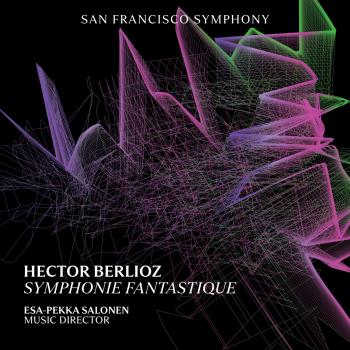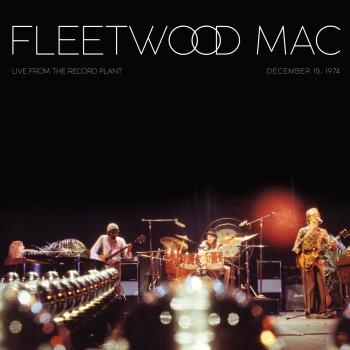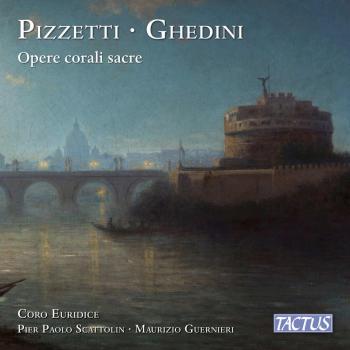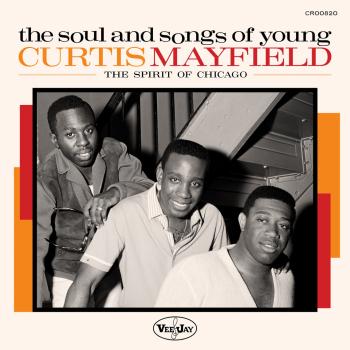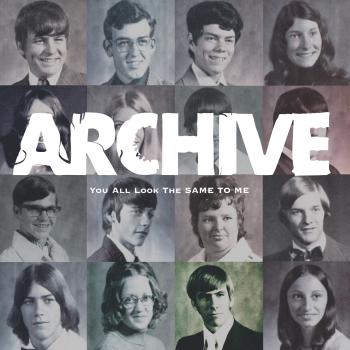
Mal/2 (Remastered) Mal Waldron Sextet
Album info
Album-Release:
1957
HRA-Release:
31.07.2023
Album including Album cover
I`m sorry!
Dear HIGHRESAUDIO Visitor,
due to territorial constraints and also different releases dates in each country you currently can`t purchase this album. We are updating our release dates twice a week. So, please feel free to check from time-to-time, if the album is available for your country.
We suggest, that you bookmark the album and use our Short List function.
Thank you for your understanding and patience.
Yours sincerely, HIGHRESAUDIO
- 1 From This Moment On (2023 Remaster) 06:16
- 2 J.M.'s Dream Doll (2023 Remaster) 08:40
- 3 The Way You Look Tonight (2023 Remaster) 08:26
- 4 One By One (2023 Remaster) 09:40
- 5 Don't Explain (2023 Remaster) 07:00
- 6 Potpourri (2023 Remaster) 06:39
Info for Mal/2 (Remastered)
Der Pianist Mal Waldron war ein produktiver Komponist, Arrangeur und Musiker, der im Laufe seiner fünf Jahrzehnte dauernden Karriere mehr als 100 Alben als Leader veröffentlichte (darunter zahlreiche Filmmusiken). Waldron, der für seine Vielseitigkeit und seinen bluesfreudigen, innovativen Stil geschätzt wird, fungierte auch als Hauspianist bei Prestige Records und war ein gefragter Begleiter, der für Billie Holiday und Abbey Lincoln spielte und als Sideman für Charles Mingus, John Coltrane und Eric fungierte Unter anderem Dolphy.
Im Jahr 1957 war Waldron bereit, sich selbstständig zu machen Mal/1 und einige Monate später Mal/2 . Während sein Debüt gut aufgenommen wurde, Mal/2 fand heraus, dass der Pianist seine Arbeit auf die nächste Ebene brachte – und einige der aufregendsten Musiker der Epoche rekrutierte. Neben dem Trompeter Idrees Sulieman und dem Bassisten Julian Euell (die beide auftraten Mal/1 ) wurde Waldron von dem aufstrebenden Star John Coltrane (Tenorsaxophon) begleitet, der kürzlich sein eigenes Debüt als Leader aufgenommen hatte. Sahib Shihab (Alt-/Baritonsaxophon), Jackie McLean (Altsaxophon) und Bill Hardman (Trompete) waren ebenfalls an den Bläsern beteiligt, während Ed Thigpen und Art Taylor das Schlagzeug übernahmen.
Mal Waldron, Klavier
John Coltrane, Tenorsaxophon
Jackie McLean, Saxophon (Tracks 2, 5, 6, 7, 8)
Sahib Shihab, Altsaxophon, Baritonsaxophon (Tracks 1, 3, 4)
Bill Hardman, Trompete (Tracks 2, 5, 6, 7, 8)
Idrees Sulieman, Trompete (Tracks 1, 3, 4)
Julian Euell, Bass
Ed Thigpen, Schlagzeug (Tracks 1, 3, 4)
Arthur Taylor, Schlagzeug (Tracks 2, 5, 6, 7, 8)
Digitally remastered
Zur Info: wir bieten dieses Album in der nativen Abtastrate von 96 kHz, 24-Bit an. Die uns zur Verfügung gestellte 192 kHz-Version wurde hochgerechnet und bietet keinen hörbaren Mehrwert!
Mal Waldron
studied classical piano as a child but picked up the alto sax to play jazz. His piano teacher admonished him for improvising on classical works, calling it “illegal.” Waldron found his niche in jazz, where he said it was “illegal” to reproduce the same notes time after time. In 1947, after service in the Army, he concentrated on jazz piano and graduated from Queens College. He wrote music for dance companies, played with R&B groups, recorded with Ike Quebec, and joined Charles Mingus’ Jazz Composers Workshop in 1954 where he was able to explore new avenues for jazz. He became the “house” pianist for Prestige Records and in 1957 made several recordings with Jackie McLean and with John Coltrane, who recorded Waldron’s “Soul Eyes.” In 1957 he became Billie Holiday’s accompanist until her death in 1959, and together they wrote “Left Alone.”
Waldron was an early admirer of Thelonious Monk and was especially interested in Monk’s use of space. Waldron’s style, noted for its unusual voicings, defies convention and falls somewhere between hard bop and free jazz. In 1958 he and soprano saxophonist Steve Lacy recorded the first album of all Monk compositions by anyone other than the composer. In the early ‘60s Waldron joined Abbey Lincoln and Max Roach in recording original music expressing black pride and anger at the conditions of black Americans. In 1961 he recorded a series of albums at the Five Spot with multiple reed genius Eric Dolphy, who introduced Waldron’s composition “Fire Waltz,” making it a staple of his repertoire. In The Quest, recorded that same year, they explored new musical forms in a series of Waldron compositions.
In 1963 Waldron suffered a nervous breakdown and subsequent to his recovery emigrated to Europe in 1965, settling in Munich in 1967 and moving to Brussels 20 years later. In Europe and Asia Waldron enjoyed the status of a jazz guru. A dignified and intelligent man who spoke four languages, he traveled the world as a performer. He recorded extensively throughout the ‘70s, ‘80s, and ‘90s with European and Japanese jazz artists and made several solo recordings and duos with his old friend Lacy, who was living in Paris, and with American bassist David Friesen. Waldron continued to perform despite failing health, recording his final album with vocalist Judi Silvano in 2002 and receiving a rave review for his performance that year at the Chicago jazz festival.
Waldron scored several films: The Cool World, Sweet Love Bitter, Trois Chambres aManhattan (French), and Tokyo Blues (Japanese). (Sandra Burlingame)
This album contains no booklet.


